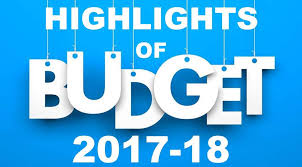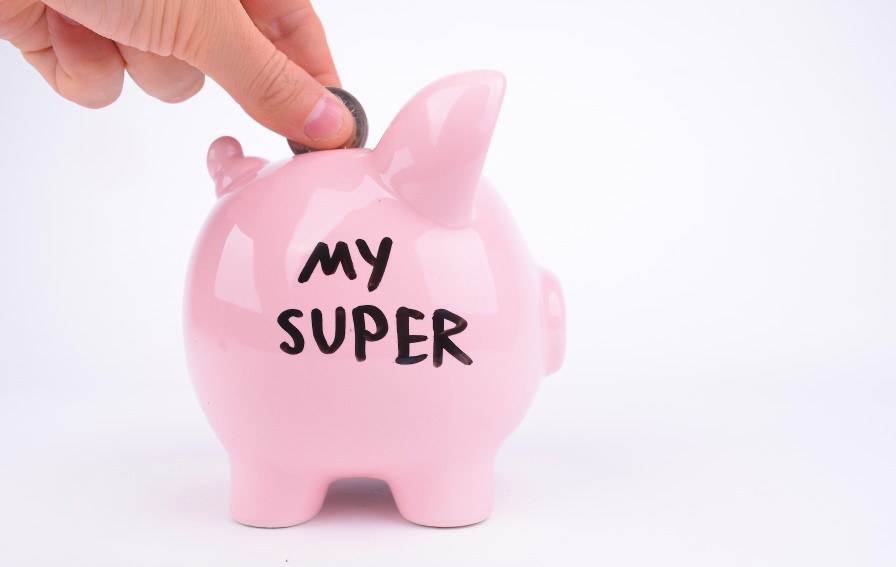Updated 24 March 2020
In an effort to combat the economic effects of the global coronavirus pandemic, the government has provided an additional $66.4b in stimulus on top of the $17.6bn stimulus package announced earlier in the month.
Details of the updated stimulus package include the following:
BUSINESSES
Business investment initiatives – the instant asset write-off threshold will be increased from $30,000 to $150,000 and expanded to include access for businesses with aggregated annual turnover of less than $500m (up from $50m) until 30 June 2020.
A time-limited 15-month investment incentive (through to 30 June 2021) will also be provided to support business investment by accelerating depreciation deductions. Businesses with a turnover of less than $500m will be able to deduct an additional 50% of the asset cost in the year of purchase.
Cash flow assistance payments for SMEs – active employer SMEs prior to 12 March 2020 with turnover less than $50m with will receive a Boost Cash Flow for Employers of up to $100,000 (with a minimum payment of $10,000).
Businesses will receive grant payments of 100% of their PAYG withholding amounts reported on their BAS or IAS’ from 1 January to 30 June 2020 up to a maximum of $50,000, with a minimum of $10,000 payable.
Businesses will be eligible to receive additional grant payments of 100% of their reported PAYG withholding amounts from 1 July 2020 to 31 October 2020 up to a maximum of $50,000 and minimum of $10,000.
The grant will be provided in the form of a credit to the activity statement account and can be netted off against the amounts owed to the ATO. If the ATO account is in credit a refund can be requested from the ATO.
In total a maximum of $100,000 can be received under this grant.
ATO payment deferral options are available. The ATO is providing a deferral of up to 4 months for any BAS, income tax, FBT and excise payments.
For any existing ATO debts the ATO is providing low interest payment plans and remitting any interest and penalties charged on or after 23 January 2020.
The ATO is also allowing businesses to vary any PAYG instalments made in the September 19 and December 19 quarter and have the amounts refunded.
More details about the ATO coronavirus administrative support can be found here.
Apprentices and trainees – small businesses will also receive a total of $1.3bn to support the jobs of 120,000 apprentices and trainees. Eligible employers can apply for a wage subsidy of 50% of the apprentice’s or trainee’s wage for up to 9 months from 1 January 2020 to 30 September 2020. Where a small business is not able to retain an apprentice, the subsidy will be available to a new employer that employs that apprentice. The subsidy is capped at $21,000 per apprentice.
Bank care package has been announced by the Australian Banking Associations (ABA) for businesses with less than $3 million in total debt. The package includes deferring principal and interest repayments for all loans for a period of six months. After the six month the period the term of the loan will be adjusted or the loan repayments increased for the deferred interest component so a lump sum payment will not be required.
If you are operating a business and need relief from paying your loans with the bank, we urge you to discuss your situation with your bank. We have never seen the banks be as open and forthright in helping their customers to maintain their businesses and homes.
Unsecured $250k business loan guarantee scheme has been provided by the Government so banks can provide unsecured loans to customers who need the finance in place to meeting working capital requirements through COVID 19 slowdown.
The loans will be made for 3 years with deferred repayments for the first 6 months. SME’s will need to demonstrate a need for the funds and show the impact on the business pre and post COVID 19.
Please contact your bank to access this loan.
Payroll tax relief and refunds have been provided by the State Governments, however each of the relief and refund amounts differ. More information about the payroll tax relief and support can be found here.
Temporary relief for distressed business with temporary changes oF insolvency laws to provide businesses and directors more options and time during the COVID 19 period. The major changes are:
- A temporary increase in the statutory demand threshold of $20,000
- An increase in the time to comply with statutory demands to 6 months from 21 days
- A temporary increase in the size of the debt required to issue a creditors petition to $20,000
- The moratorium on action against a debtor following the presentation of a declaration of intent to present a debtor’s petition is increased to 6 months
- An increase in the time to comply with bankruptcy notice from 21 days to 6 months.
- A six month moratorium on directors’ insolvent trading liability for debts incurred in the ordinary course of business.
INDIVIDUALS
Household stimulus for pensioners – Two $750 stimulus payments will be made to pensioners, social security, veteran and other income support recipients and eligible concession card holders. The first payments will be made from 31 March 2020 on a progressive basis, with over 90% of payments expected to be made by mid-April. The second payment will be automatically made on 13 July 2020. The payment will be tax free and not count as income for Social Security, Farm Household Allowance and Veteran payments. If a person qualifies for the payments in multiple ways, they will only receive one set of payments.
Coronavirus Supplement will be paid from 27 April 2020 to existing and new recipients of the Jobseeker Payment, Youth Allowance, Parenting Payment, Farm Household Allowance and Special Benefit. The Coronavirus supplement will be paid at a rate of $550 per fortnight and will be paid in addition to the existing payments already received by recipients of these payments.
The Jobseeker payment is currently $550 per fortnight. Coupled with the Coronavirus supplement the payment will be increased to $1,100 per fortnight. Sole traders and casual workers earning less than $1,075 a fortnight will be eligible to receive the full supplement.
Early access to superannuation will be available to individuals who have:
a) been unemployed, or
b) been eligible to receive Jobseeker payment, Youth allowance for job seekers, Parenting Payment, Special Benefit or Farm Household Allowance, or
c) been made redundant on or after 1 January 2020; or
d) Had your working hours reduced by 20 percent or more, or if you were a sole trader and had your business suspended or experienced a reduction in your turnover of 20 percent or more.
The Government will allow access of up to $10,000 in the 2020 financial year and another $10,000 in the 2021 financial year.
Superannuation pension drawdown rates have been reduced by 50% for pension payments made in the 2020 and 2021 financial years.
Support for impacted sectors, regions and communities – $1bn will be provided for sectors, regions and communities that have been disproportionately impacted by the economic impacts of the coronavirus, including those heavily reliant on industries such as tourism, agriculture and education. This will include the waiver of fees and charges for tourism businesses that operate in the Great Barrier Reef Marine Park and Commonwealth National Parks. It will also include additional assistance to help businesses identify alternative export markets or supply chains.
In addition to the targeted measures, administrative relief will be provided for certain tax obligations, including deferring tax payments up to 4 months.
Contact one of our accountants in North Sydney for further information on how to access the virus stimulus measures.





